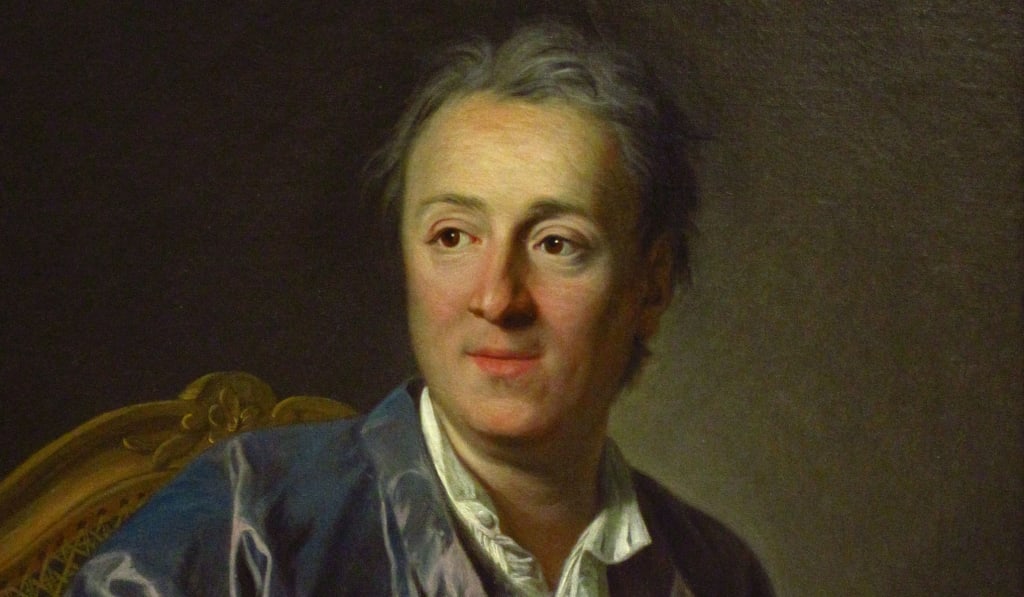Book Review: "Diderot and the Art of Thinking Freely" by Andrew Curran
3.5/5 - The second half is definitely better than the first...

This book covers the life and career of one of the greatest Enlightenment Philosophers in all of human history - Denis Diderot. Associated with compiling the encyclopedia and writing books supporting atheism and free-thinking, Diderot was a figurehead that pioneered the way to modern Europe. Inspired by various people including John Locke, he has been often reactionary towards the more religiously inspired French people. Diderot’s career was filled with him being locked up and released, becoming a scandal and going into hiding, making friends and networking with some of the greatest minds in France such as Jean Jacques Rousseau and finally, publishing works anonymously out of fear of being imprisoned once again. I find this book to be on the fence and not as great as I was anticipating. This is mostly because the second half was far more informative than the first half. I found that the first half, though it offered some context to how Diderot was living and his education, it did not provide us with any answers to his motives. The only answer it seeks to provide is that he is against organised religion because of his treatment underneath it and of what he read.
In the first chapter, Diderot is covered to a great extent. His background, his family and his parental heritage is covered so well that I was automatically inspired to finish the book in one sitting. But then again, I wanted to savour it, fearing that if I finished it too quickly, I would not be as critical. The problem that I had with this chapter is a problem that pops up again and again in the book. The problem is that if you were still learning about Diderot and his philosophies then this book would do you absolutely no good because it assumes that you have already read the works of Denis Diderot and are not only only familiar with him but you are also well-read and well educated in his work.
During the next chapters over the first half, we get information about Diderot’s imprisonment and his scandals. This is interesting yes, but it does not really cover why he is “Leaving God” - which is the name of Chapter 2. It does not go into detail about the writings and quotations that showed us the progressive lowering of the bar when it came to Diderot’s religious beliefs and only hinting at the rivalry with his religious brother, it fails to ignite the passion and defiance that the name ‘Denis Diderot’ often conjures up.
We only get to know about Denis Diderot’s personality as we enter about halfway through the book and by now, we have already got an image of him as a scoundrel, a prisoner and many other not so nice things. However, we have not gotten many images of Diderot as a writer and a thinker. He is simply an actor in his time, influenced by others. We never really get him standing alone until halfway through the book when he gains more traction. This is not a fault of the book but it is something I got confused about. Would it not be easier to establish the kind of man Diderot was at the beginning and then go back in order to describe how he became this way? The book does not really touch much on how Diderot lost his contact with God, only that he reads widely into the atheist criticisms and books of the time and that he slowly lost his meaning with God by swindling a priest for a lot of money. This priest then contacted Diderot’s father who reimbursed the man. But when Diderot was married, he is seen not getting the blessing of his father which is another way he left God. But again, it is not really covered as to what made this descent happen. He does not just wake up one day and decide he is an atheist.
All in all, the book is well written but I think it directs more at those who have already read and studied Denis Diderot to a greater extent. But then again, if this is so, it really does miss the point. Though I enjoyed it, viewing it with a critical eye makes it difficult not to criticise it in some respects.
About the Creator
Annie Kapur
200K+ Reads on Vocal.
English Lecturer
🎓Literature & Writing (B.A)
🎓Film & Writing (M.A)
🎓Secondary English Education (PgDipEd) (QTS)
📍Birmingham, UK






Comments
There are no comments for this story
Be the first to respond and start the conversation.